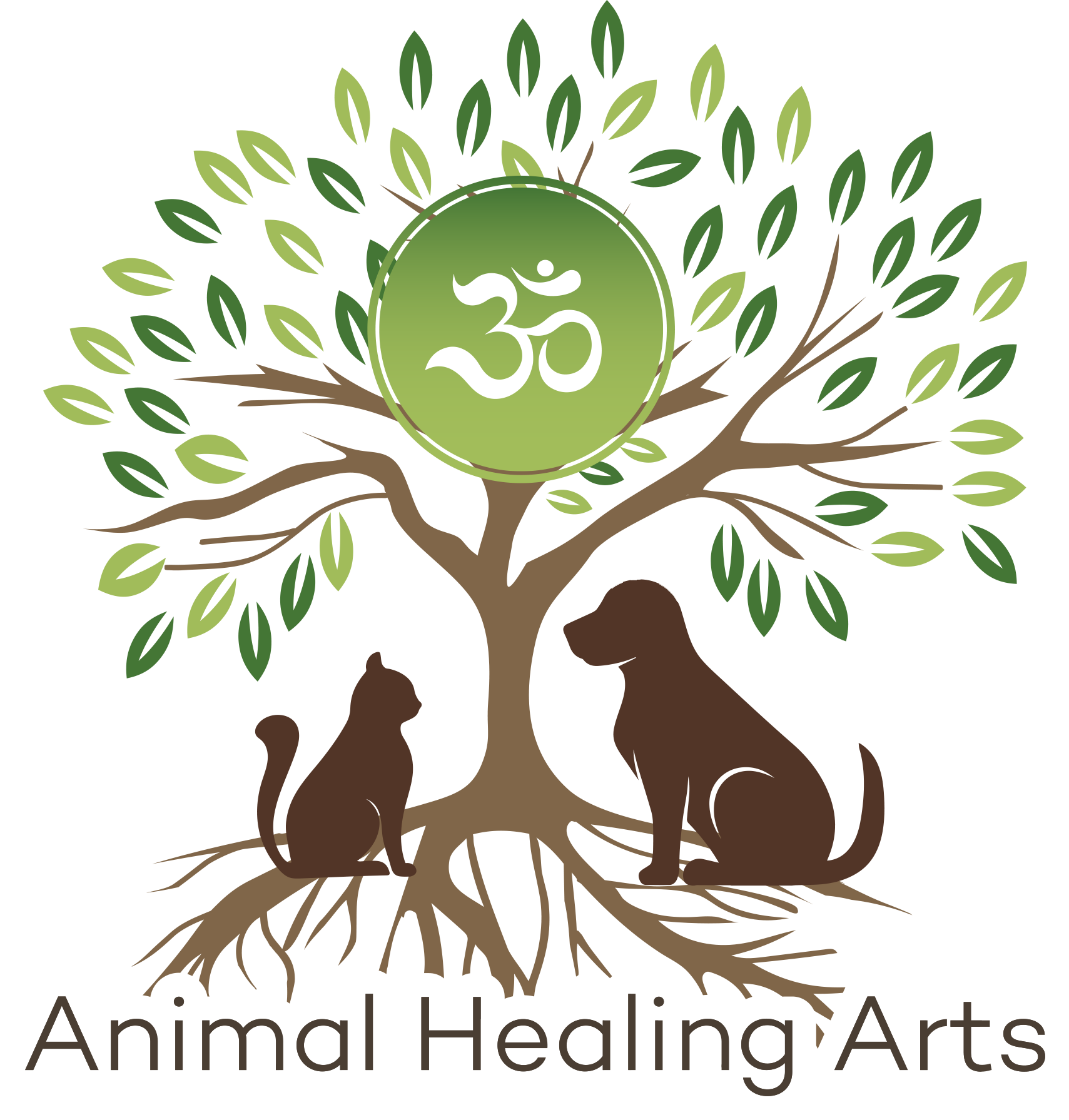Vitamin D – A very important nutrient
Vitamin D is essential for proper calcium metabolism and a deficiency of vitamin D causes nutritional rickets, which weakens the bones. In addition, vitamin D can help modulate the immune system, prevent cancer, and support brain, gut and heart health. It is an essential nutrient for virtually all the cells in the body. Because vitamin D is fat soluble, it can accumulate in the body and cause toxicity if high levels are given.
How does your pet get the vitamin D that it needs? The best method of providing any nutrient to your pet is in the form that nature intended – fresh, whole foods. As mentioned above, vitamin D is fat soluble, so…the best source of it is…ta-da, FAT!!
Oh, but doesn’t fat contribute to health problems such as pancreatitis and liver disease? Not if it is a healthy fat. Fats are not created equal. The healthiest fats are well-sourced saturated animal sources such as lard, tallow, or poultry fat. That’s right, quit trimming the fat and taking off the poultry skins. Just be sure the animal has been raised in a natural, stress free environment and free of chemicals and pharmaceuticals.
Furthermore, there are no stand-alone nutrients, all are meant to be consumed in conjunction with other synergistic nutrients that not only allow the body to use them more efficiently, but can prevent toxicity due to inherent systems of checks and balances. When we feed fat, vitamin D is ingested with vitamins A and K2, also very important. If you measure a vitamin D level and it is low and you give the supplement, your pet may still be missing out on the A and K2.
Synthetic vitamins are merely laboratory-made chemicals that can have a variety of adverse effects due to the fact that they do not occur in nature, and the body may not be able to properly assimilate them. Vitamins and minerals fed in a whole food form, such as vitamin D found in well-sourced animal fat are present in a form that the body can easily absorb and assimilate.
Many synthetic vitamin D supplements use vitamin D2, which is an inactive form that needs to be converted to vitamin D3. Animal products mentioned above contain vitamin D as D3, ready for use by the body.
What about sunshine? No matter how much your dog or cat loves to lie in the sun, they do not have the enzyme to create active D3 in the skin as us humans do.
The best way to assure that your dog or cat has adequate vitamin D levels is to feed a species-appropriate diet and don’t skimp on the fat!


